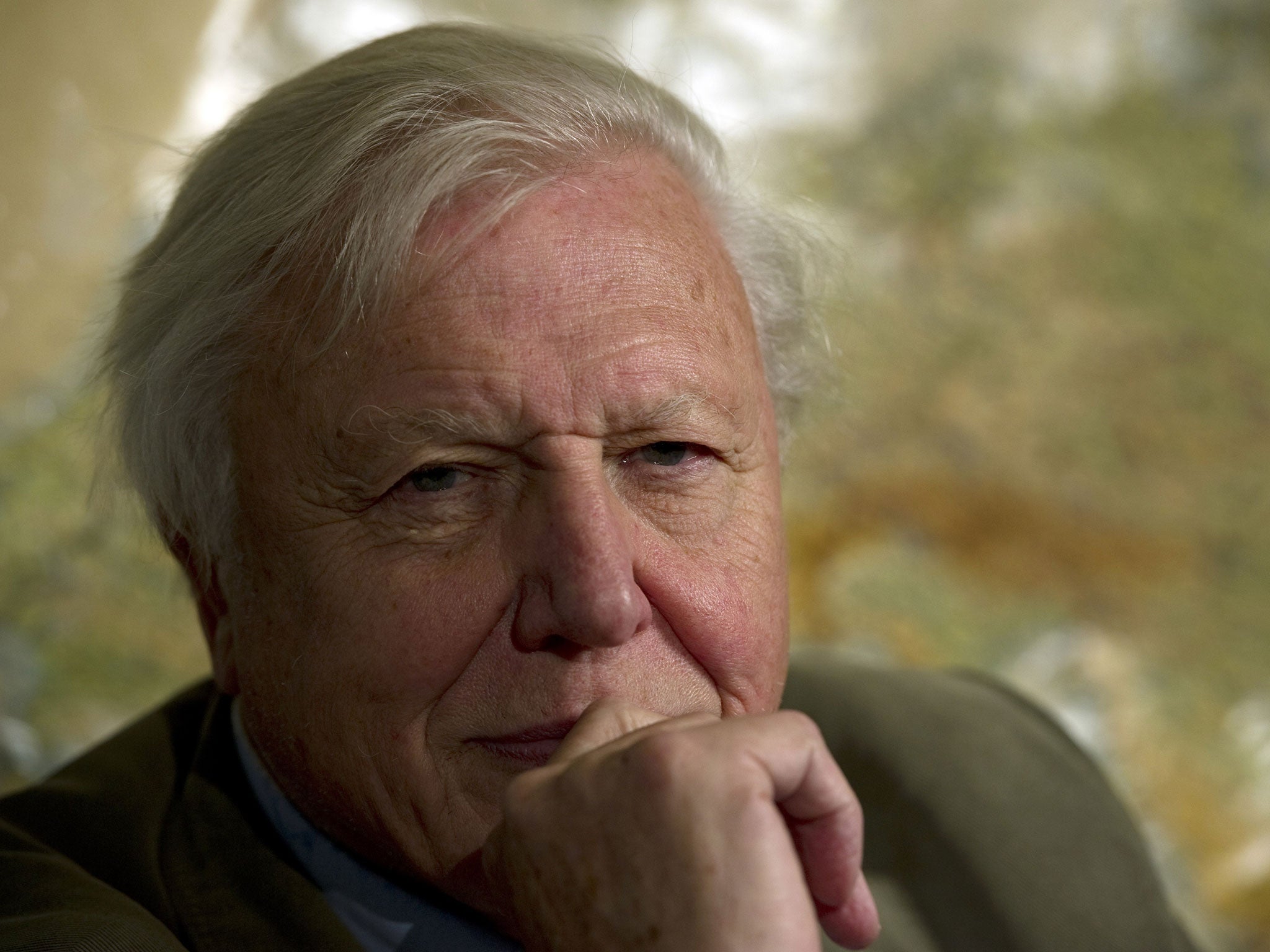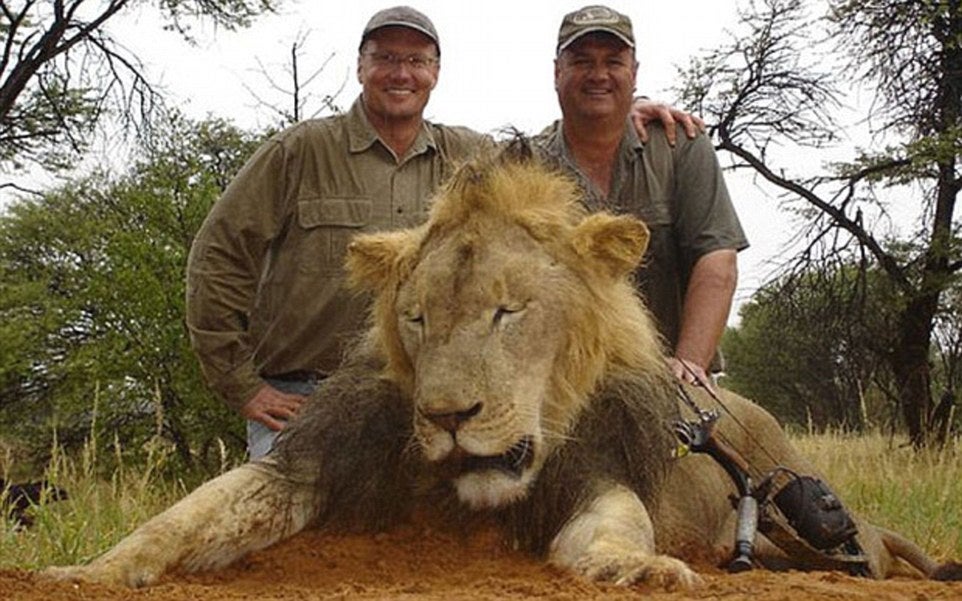Sir David Attenborough says Cecil the lion death is sign of 'terrible state of the human psyche'
Cecil was shot dead during a hunt in Zimbabwe

Your support helps us to tell the story
From reproductive rights to climate change to Big Tech, The Independent is on the ground when the story is developing. Whether it's investigating the financials of Elon Musk's pro-Trump PAC or producing our latest documentary, 'The A Word', which shines a light on the American women fighting for reproductive rights, we know how important it is to parse out the facts from the messaging.
At such a critical moment in US history, we need reporters on the ground. Your donation allows us to keep sending journalists to speak to both sides of the story.
The Independent is trusted by Americans across the entire political spectrum. And unlike many other quality news outlets, we choose not to lock Americans out of our reporting and analysis with paywalls. We believe quality journalism should be available to everyone, paid for by those who can afford it.
Your support makes all the difference.Sir David Attenborough has warned the killing of Cecil the lion is a sign of the “terrible state of the human psyche” and nothing to do with conservation.
The BBC presenter and naturalist told the Evening Standard one of the most fundamental human urges is to seek power and killing an animal is often a way to fulfil that desire.
Walter Palmer, a US dentist, sparked international outrage when he shot the protected lion and one of Zimbabwe’s most loved animals during a hunt in June. His actions were condemned internationally and led to calls for his extradition to Zimbabwe to face charges for killing the animal.
Trophy hunters often defend their activities by claiming they are integral to conversation efforts.
When asked whether Sir David believed Cecil’s killing was an example of humans becoming increasingly detached from nature, he replied: “Nobody likes seeing wild animals being killed but it wasn’t very significant in terms of trying to save the species of the world.
“Psychiatrists will tell you that to be able to give death gives you a sense of power, and to seek after power is one of the fundamental urges of humanity. Back in the 1920s, London Zoo had a bull elephant that was very dangerous and had to be put down.
“That fact became public and the zoo had a lot of calls from people, saying, ‘I’ll give you £100 if I’m allowed to pull the trigger’. This is about humanity and the terrible state of the human psyche, not about conservation or anything.”
Mr Palmer was defiant when he gave his first interview on Monday, despite having to temporarily close his practice after receiving a barrage of online abuse and threats.

“This has been especially hard on my wife and my daughter," he said.
“They’ve been threatened in the social media, and again … I don’t understand that level of humanity to come after people not involved at all.”
While admitting he would not have shot the lion had he known he had a nickname, Mr Palmer did not to rule out returning to Zimbabwe for hunts in the future.
Theo Bronkhorst, a professional hunter who helped Mr Palmer kill Cecil, has been charged with failure to prevent an illegal hunt by Zimbabwean authorities.
Join our commenting forum
Join thought-provoking conversations, follow other Independent readers and see their replies
Comments